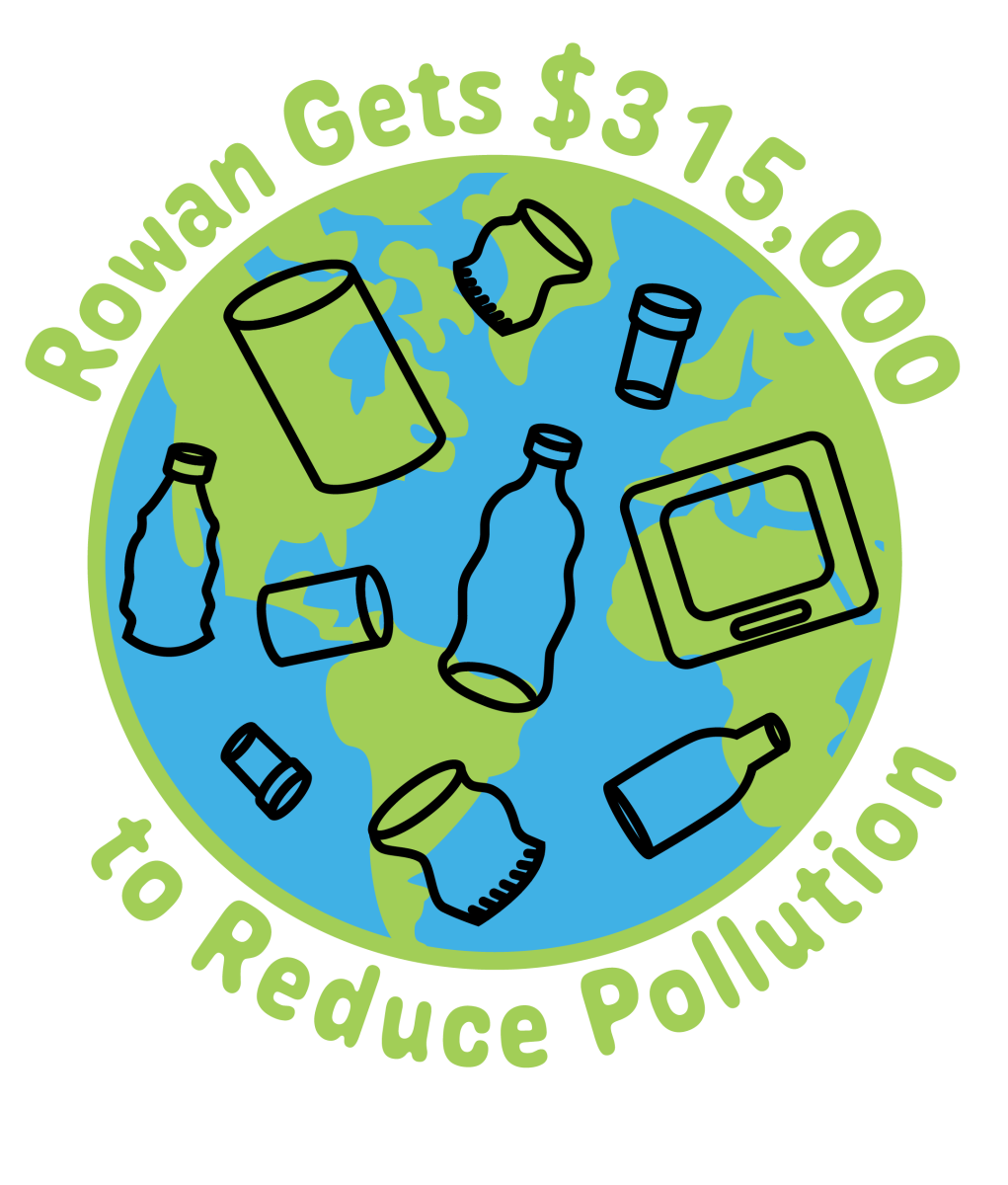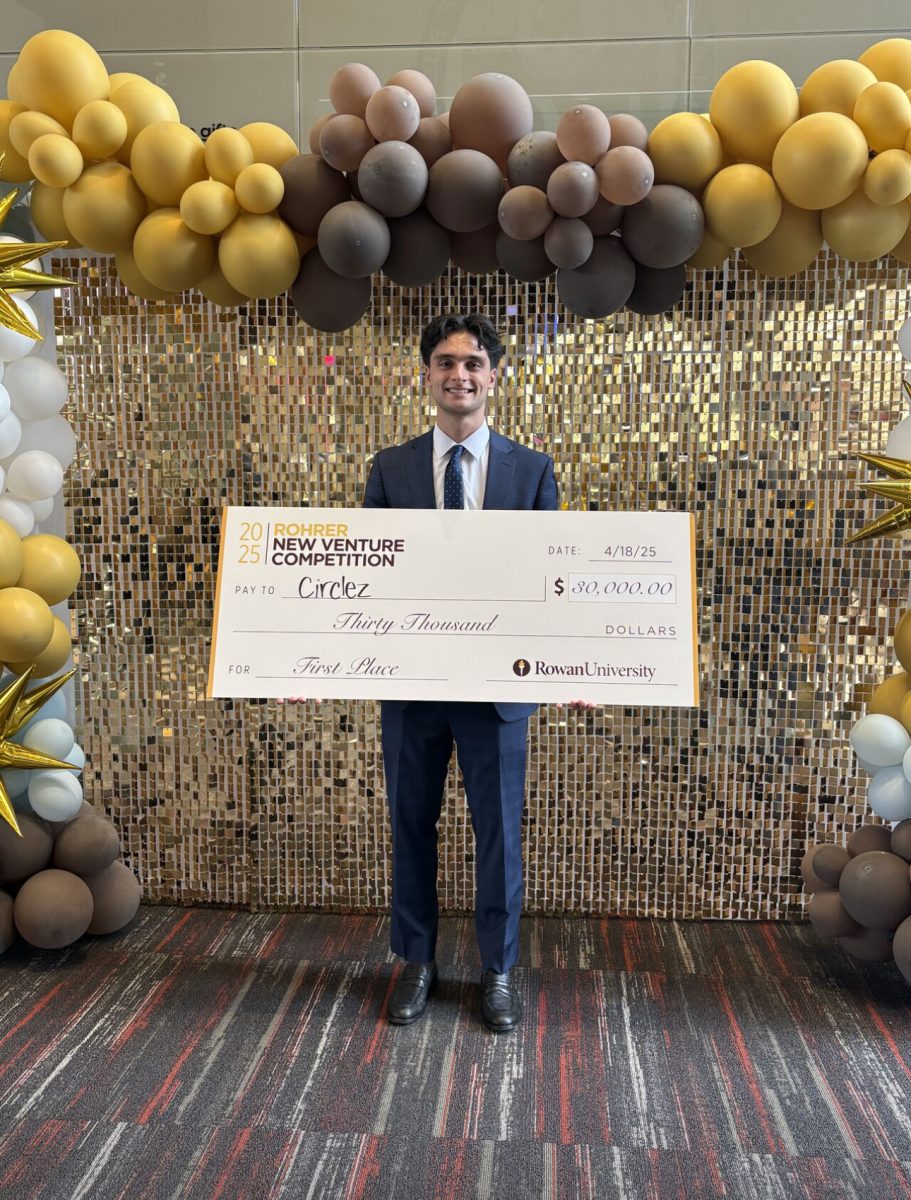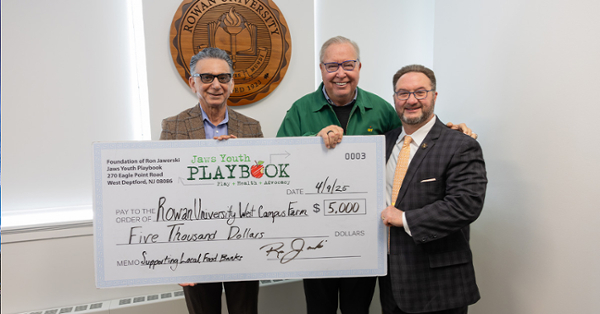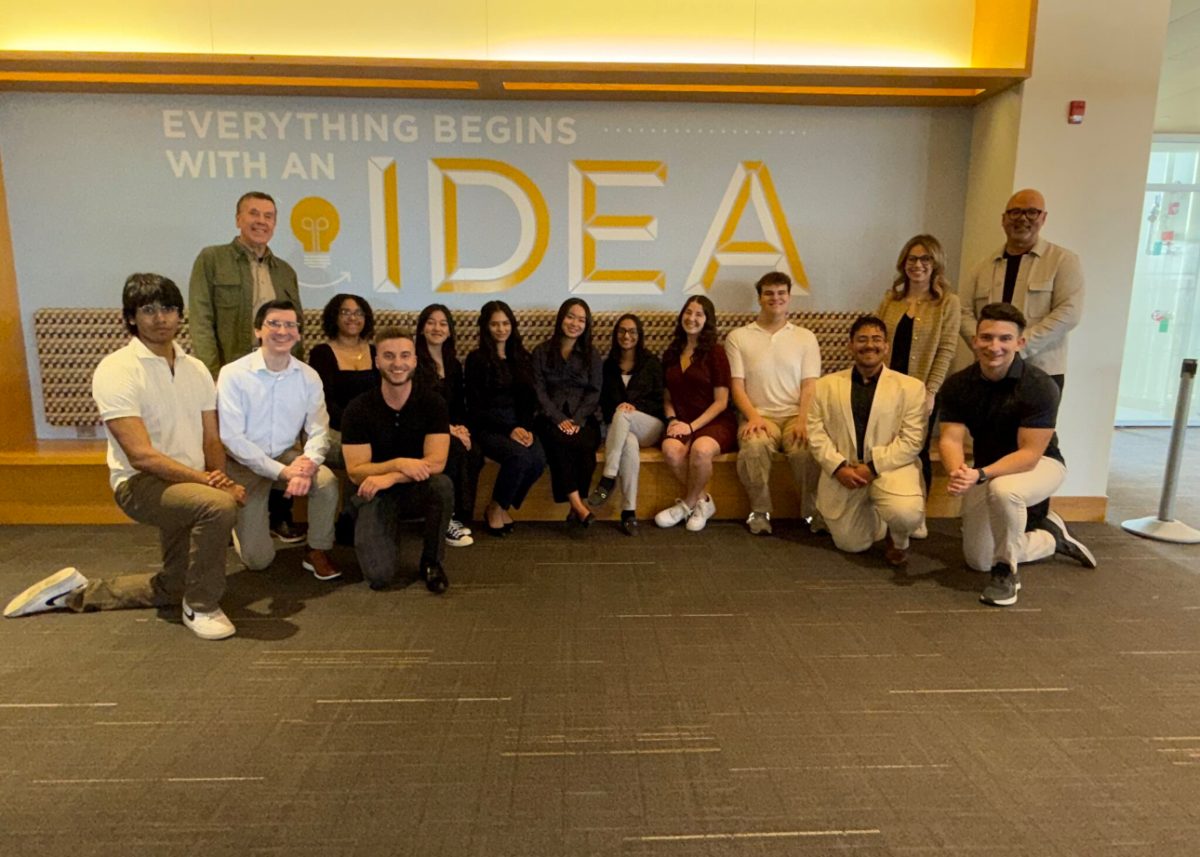On Sept. 15, The Environmental Protection Agency (EPA) announced that Rowan University has been selected to receive one of the first pollution prevention (P2) grants under the Bipartisan Infrastructure Law.
The grant will provide Rowan $315,000 to fund pollution prevention projects. More specifically, $314,416 in funding will be used to sponsor a student-faculty industry partnership with a leading pharmaceutical manufacturer through Rowan’s Engineering Clinics. The Bipartisan Infrastructure Law will provide $100 million to fund multiple pollution prevention projects around the country.
“This EPA pollution prevention funding will support Rowan University’s cutting-edge engineering department to partner with a major pharmaceutical company in finding ways to use less toxic chemicals, cut emissions and energy used in the manufacturing processes,” said EPA Regional Administrator, Lisa F. Garcia, in a press release announcing the pollution prevention grant.
The project will focus on the chemical manufacturing, procession and formulation sector concentrated in a pharmaceutical facility in Delaware. Rowan will help to identify, develop and recommend safer alternative chemicals, lower energy and lower emission technologies. It can be used in the early stages of pharmaceutical design and manufacturing. This would reduce the long-term environmental impact as well as create cost savings compared to already existing facility-level operations.
“It is always better and cheaper to prevent pollution before it happens, and that is exactly what these types of grants aim to achieve,” Garcia said.
The grants will allow states, tribes and public universities to provide businesses with technical assistance to help them develop and adopt P2 practices to prevent or reduce pollution before it is even created while helping reduce business and liability costs. State and tribal programs awarded the grants will not be required to provide matching funds, as is required by traditional P2 grants.
This gives the ability to waive the match requirement under the Bipartisan Infrastructure Law in addition to the new National Emphasis Area (NEA) for businesses in the Indian country– self-governing native American U.S. communities. This will help diversify the applicant pool. Several grants selected will support implementing pollution prevention practices in the Indian country.
This will be a part of the P2 program that will advance President Joe Biden’s Justice40 Initiative. The initiative aims to deliver at least 40% of the benefits of certain government programs to underserved communities.
According to the EPA, The United States produced 67 million tons of pollution in 2021 and spends about 10 billion dollars per year trying to control pollution levels. Preventing pollution at the source is known as P2 or source reduction. P2 can lessen exposure to toxic chemicals, conserve natural resources and reduce financial costs for businesses. These costs are associated with purchasing initial production inputs, waste management, disposal and cleanup.
The practices will help protect health, improve environmental conditions in and around disadvantaged communities and preserve natural resources.
According to the EPA, New Jersey factories and refineries released above 11 million pounds of toxic chemicals in 2020 in its Toxic Release Inventory (TRI). The TRI tracks what type of chemicals were released by industrial sites into air and water around the country. They go into detail about how much of those chemicals were released and from which sites they were released.
According to the TRI, 54.3% of pollution was released offsite, 33% was released on water, 12.3% was released into the air and 0.4% was released on land. Compared to 2019, there were around 13 million pounds of toxic chemicals released.
The selected and awarded grantees will document and share P2 best practices so they identify, develop and implement the best possible outcomes. Each grantee will address at least one of the NEAs. NEAs were established to focus resources to achieve measurable results and create opportunities to share information among P2 grantees and affiliated businesses. Each grantee will develop at least one case study during the grant period on P2 practices that is now widely known, adopted, or where detailed information on the P2 practice could benefit other businesses or P2 technical assistance providers.
Once all legal and administrative requirements are satisfied, the EPA will award the grants. Grants supported with Bipartisan Infrastructure Law funds will be fully funded at the time grants are awarded.
For comments/questions about this story tweet @TheWhitOnline or email [email protected].























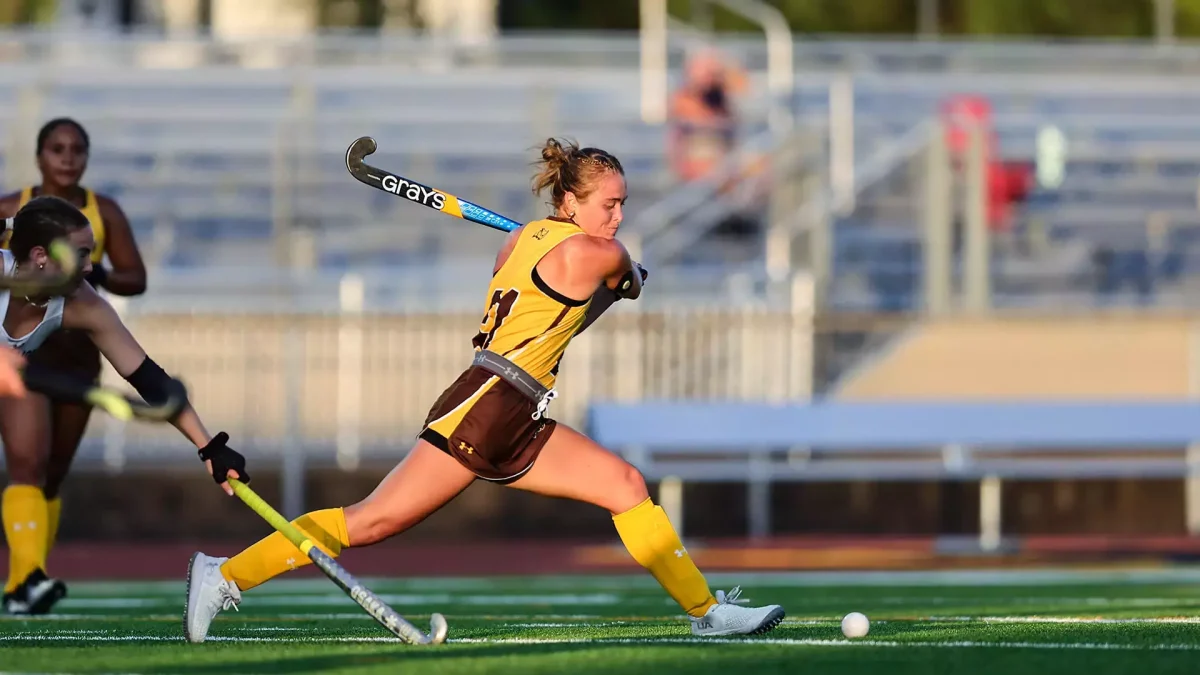

































































































































!["Working with [Dr. Lynch] is always a learning experience for me. She is a treasure,” said Thomas. - Staff Writer / Kacie Scibilia](https://thewhitonline.com/wp-content/uploads/2025/04/choir-1-1200x694.jpg)








































